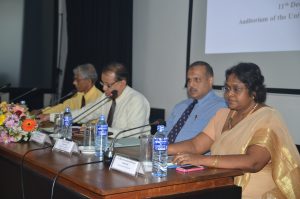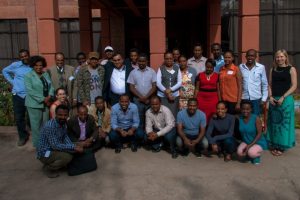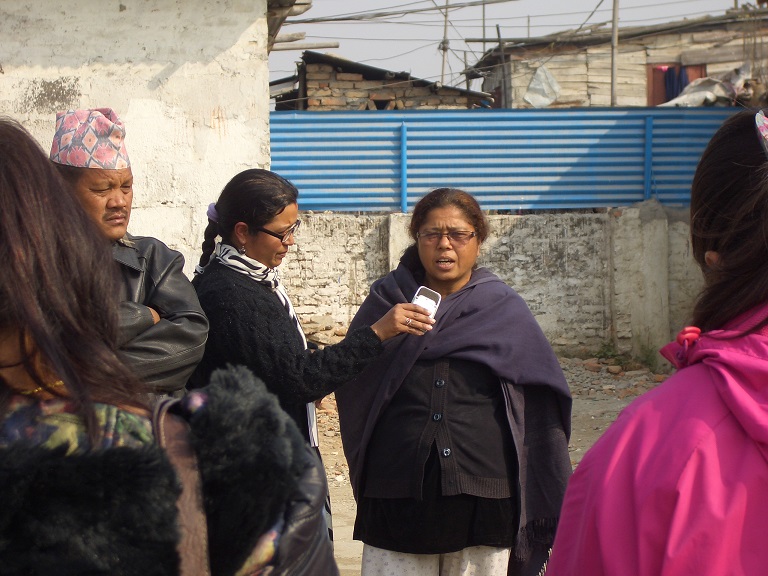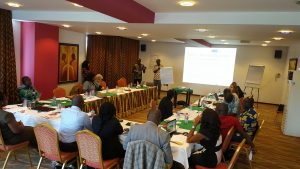Research access and getting published: challenges in developing countries
What does a day in the life of researcher or librarian in the global South look like? Here, university staff from Uganda, Zimbabwe and Ghana share their experiences of their daily work, accessing information and publishing research findings. Interviews by Katie Lewis Translating research into practical solutions is vital for overcoming big global challenges like hunger, disease, inequality and climate change. But for these practical solutions to be effective, it is important to understand the local context. In-depth and locally generated knowledge is key to solving local development issues.






